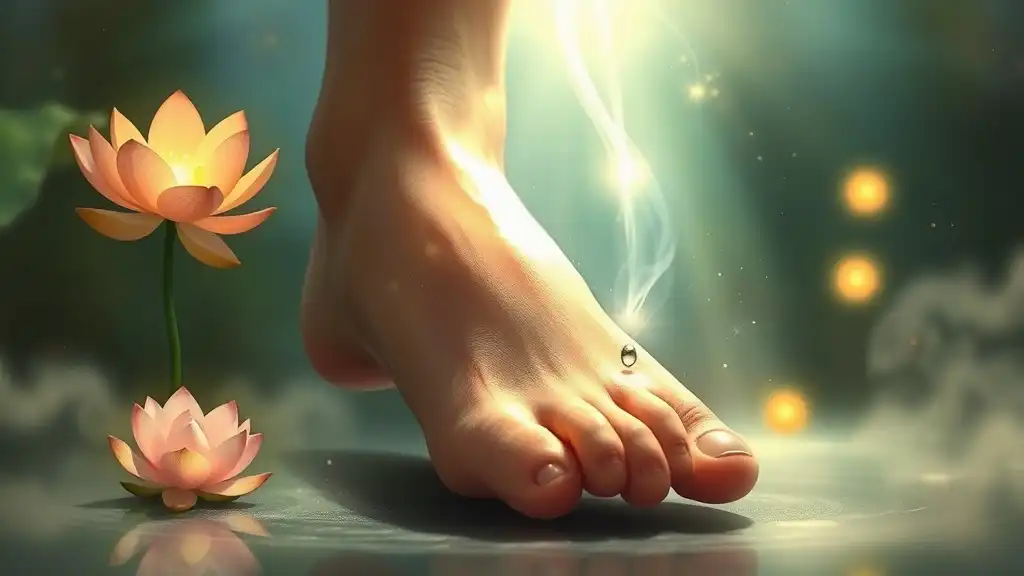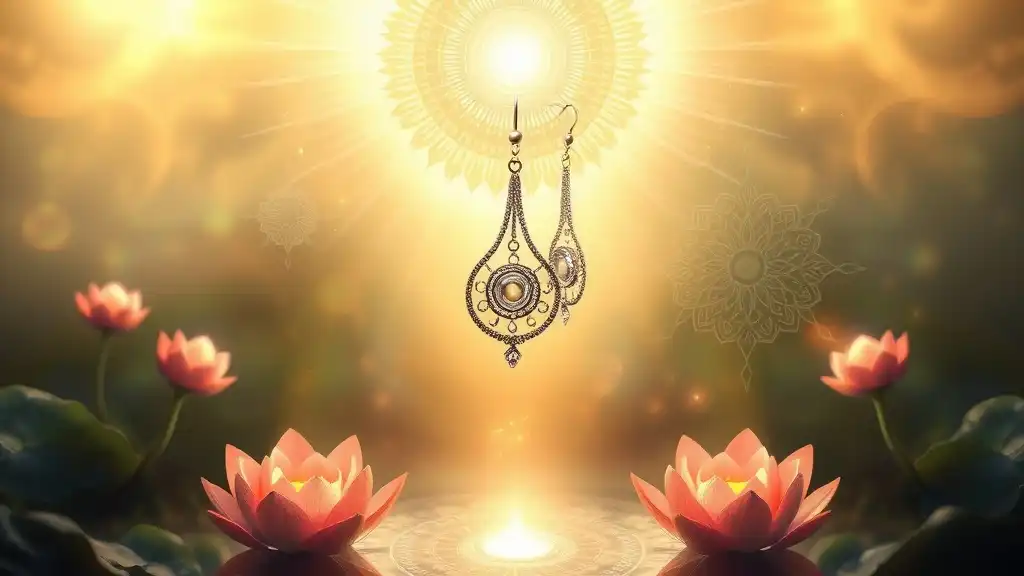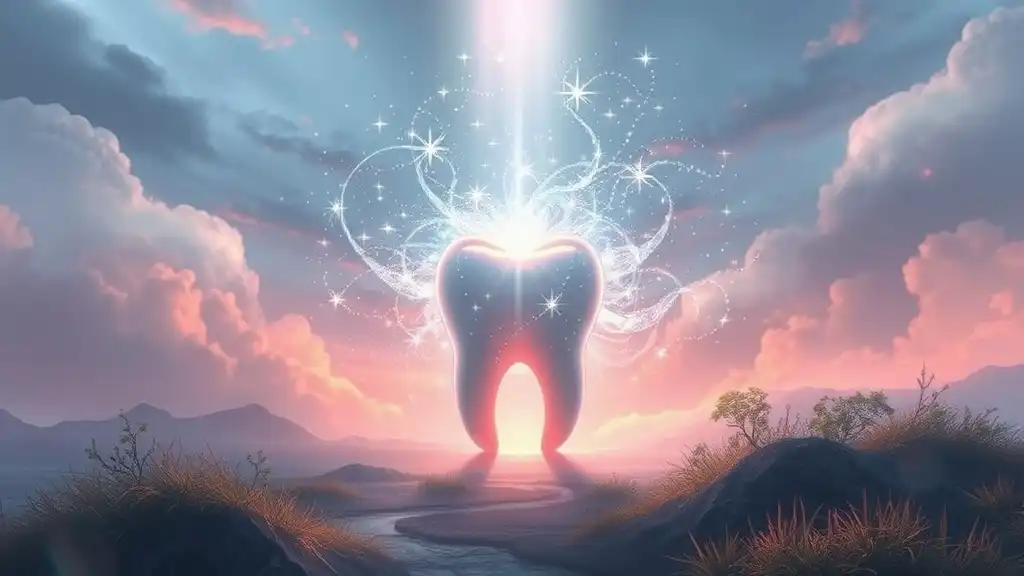Hair pulling is a behavior that many individuals face, often without fully understanding the reasons behind it. Beyond the psychological aspects, it holds significant spiritual meanings worth exploring. Understanding the spiritual implications of hair pulling can illuminate personal insights, aid in healing, and strengthen self-identity.
What is Hair Pulling?
Hair pulling, clinically known as trichotillomania, is characterized by the compulsive urge to pull out one's hair. This behavior can stem from various emotional triggers, such as anxiety, stress, or tension. While it may appear to be merely a psychological issue, a deeper exploration into its spiritual implications reveals much more about our connection to ourselves and the energies we embody.

Cultural Perspectives on Hair
From ancient rituals to modern spiritual practices, hair holds a significant place across various cultures. Many traditions ascribe distinct energies and meanings to hair, viewing it as a powerful expression of self. For example, in some cultures, hair represents strength and vitality, while in others, it symbolizes wisdom and adaptation. By understanding these cultural beliefs, we can better appreciate the weight hair carries in our spiritual journeys.

The Spiritual Meaning of Hair Pulling
Connection to Self-Identity
Hair is often seen as an extension of one's identity. It is how we present ourselves to the world, reflecting not only our physical appearance but also our inner selves. Engaging in hair pulling might signify a struggle with self-identity. The act could be an expression of feelings that are unexplained or unrecognized, acting as a call for attention toward the emotional self. Recognizing this connection allows us to delve deeper into who we are and how we wish to express ourselves.
Emotional Release and Healing
Pulling hair might also serve as a form of emotional release. When feelings of anxiety or tension build up, individuals may subconsciously resort to hair pulling as a coping mechanism. This physical act can temporarily provide relief from overwhelming emotions but can also hinder genuine healing. It is essential to confront the underlying issues triggering this behavior. In doing so, one can transform hair pulling from an act of self-destruction into a catalyst for profound emotional healing.
Energy Flow and Chakras
In many spiritual traditions, hair is believed to act as a conduit for energy flow. According to chakra systems, hair can influence one's spiritual health by channeling energy in and out of the body. When we engage in hair pulling, it may disrupt this energy flow, creating blockages that affect our emotional and spiritual well-being. Understanding these aspects of hair as it relates to our chakra system can encourage us to find harmony, grounding, and balance.

Hair Pulling in Different Spiritual Practices
In Buddhism and Mindfulness
Buddhism emphasizes mindfulness as a method for understanding and confronting compulsive behaviors. By cultivating mindfulness, individuals can begin to recognize the thoughts and emotions that drive hair pulling. Practicing techniques such as meditation can provide insight into these triggers, leading to conscious decisions that promote healing rather than self-sabotage. Mindfulness encourages us to embrace our emotions, allowing them to flow through us instead of forcing them outward through hair pulling.
In Native American Traditions
In Native American cultures, hair is sacred and often regarded as a physical manifestation of one's spirit. Hair may symbolize wisdom, connection to ancestry, and the earth. Different tribes have unique rituals that honor hair, viewing it as a reflection of one's life journey. For many, hair pulling represents a disconnect from this sacredness. Engaging with traditional practices can foster a deeper understanding of one’s roots and help in reclaiming the intrinsic value of hair.

Management and Transformation
Recognizing Triggers
Understanding the triggers behind hair pulling is paramount. Triggers can vary widely—emotional states like stress or boredom, environmental factors, or even personal situations can incite the urge to pull. By developing self-awareness and keeping a journal, individuals can document when they feel the urge to pull their hair, enabling them to gain insights into their patterns and behaviors.
Transforming the Energy
Transforming the energy associated with hair pulling is pivotal for spiritual growth. Instead of succumbing to the urge, one can learn alternative techniques to express that energy creatively. Activities such as art, movement, or even practicing affirmations can serve as healthy channels for emotional energy. Meditation can help in grounding oneself, allowing for a calmer approach to situations that trigger hair pulling behaviors.
Seeking Guidance
Engaging with a spiritual guide or mentor can amplify your journey towards healing. They can offer new perspectives and tools for coping with compulsive behaviors. However, recognizing when professional help is necessary is equally vital. Therapists and support groups specializing in compulsive behaviors can offer resources that navigate both the psychological and spiritual aspects of hair pulling.

Conclusion
In conclusion, the spiritual meanings associated with hair pulling call for deeper reflection on self-identity, emotional release, and energy management. Embracing this journey can foster growth, facilitate healing, and promote an understanding of oneself that transcends superficial appearances. By exploring these facets, individuals can reclaim their power, ultimately transforming hair pulling into a pathway for spiritual connection and self-discovery.



















